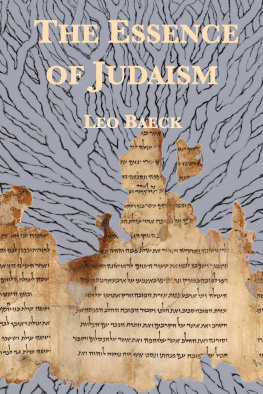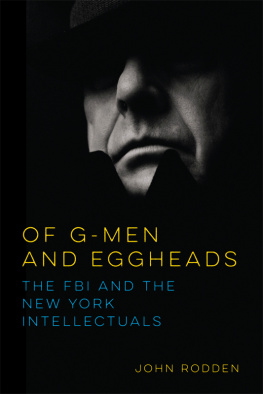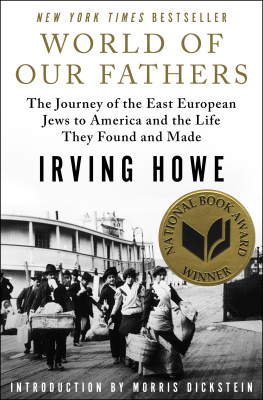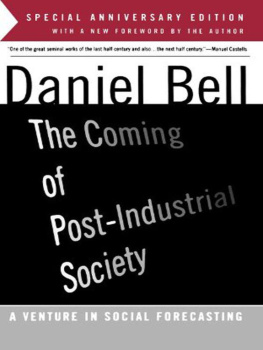Arguing the World
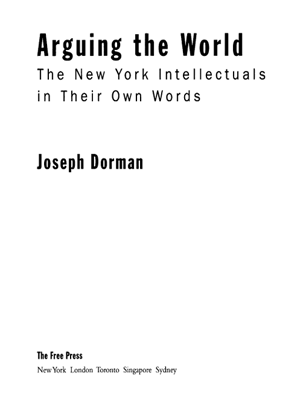
Atheneum Books for Young Readers
An imprint of Simon & Schuster Childrens Publishing Division
1230 Avenue of the Americas, New York, New York 10020
www.SimonandSchuster.com
This book is a work of fiction. Any references to historical events, real people, or real locales are used fictitiously. Other names, characters, places, and incidents are products of the authors imagination, and any resemblance to actual events or locales or persons, living or dead, is entirely coincidental.

THE FREE PRESS
A Division of Simon & Schuster Inc.
1230 Avenue of the Americas
New York, NY 10020
Copyright 2000 by Joseph Dorman.
All rights reserved, including the right of reproduction in whole or in part in any form.
The Free Press and colophon are trademarks of Simon & Schuster, Inc.
Designed by Kim Llewellyn
Manufactured in the United States of America
10 9 8 7 6 5 4 3 2 1
Library of Congress Cataloging-in-Publication Data
Arguing the world : the New York intellectuals in their own words / [edited by] Joseph Dorman.
p. cm.
Includes bibliographical references (p. ) and index.
1. IntellectualsNew York (State)New YorkHistory20th century. 2. IntellectualsNew York (State)New YorkInterviews. 3. New York (N.Y.)Intellectual life20th century. 4. United StatesIntellectual life20th century. I. Dorman, Joseph, 1958-.
F128.52.A75 2000 00-041076
974.71043dc21
ISBN 0-684-86279-4
ISBN-13: 978-0-6848-6279-8
eISBN-13: 978-1-4391-3650-8
TO MY MOTHER, ELEANOR DORMAN, AND TO THE MEMORY OF MY FATHER, JACK DORMAN (1915-99)
Contents
Acknowledgments
Armed with the biographers license to ask almost anything, Ive had the great fortune to have spent numerous hours talking with Irving Kristol, Nathan Glazer, and Daniel Bell, and I wish to thank them for their enormous generosity in agreeing to participate in both the documentary and this book. While I fear they may have had no idea exactly what they were getting themselves into, they nevertheless amiably persevered, particularly through the many inconveniences of the filmmaking process. And though his untimely death prevented me from spending as much time with Irving Howe, he, too, proved generous at a moment when he had already begun to suffer from the illness which would eventually take his life.
In his autobiography, A Margin of Hope, Howe tells the story of Partisan Review editor Philip Rahv calling fellow New York intellectual and art critic Meyer Schapiro to check some fact and then listening openmouthed for an hour to a lecture providing answer, background and foreground, until Rahv turned to his wife and said, Ive just received an MA over the telephone! Being in the presence of these four men has also seemed to me a graduate education unlike any other I might more conventionally have received.
Thanks and acknowledgments are also due to my friend and colleague Jonathan Oppenheim, a wonderful film editor and arguing companion who was instrumental in originally helping to shape this material. During the making of the film I also relied on the insights of Morris Dickstein, Arnold Labaton, Gail Segal, and Emily Shapiro. Terry Cooneys research led me to the excerpts from James Farrells diaries as well as the correspondence between Leon Trotsky and Dwight Macdonald quoted in chapter 4. As well, I am indebted to John Patrick Diggins, Deborah Dash Moore, Russell Jacoby, Neil Jumonville, Maurice Isserman, William ONeill, and Ronald Radosh.
My longtime friend Alex Goulder proved a supportive and wise reader of the present manuscript. His sharp insights, suggestions and sense of humor have made the book better than it otherwise might have been.
The documentary film on which this book is based was funded largely by the National Endowment for the Humanities. In a time when it seems harder and harder to make serious films, they remain a critical source of funding. Without them, Arguing the World could not have been made. I would also like to acknowledge the support of Tamara Robinson and WNET in New York, Richard Gilder, the New York Council for the Humanities, and the National Foundation for Jewish Culture. At The Free Press, I wish to thank my editor, Paul Golob, whose expertise and thoughtful suggestions helped transform the original film into this book. His assistant, Alys Yablon, helped guide me through the intricacies of readying a manuscript for press. And finally, thanks are due to publisher Paula Barker Duffy, who first approached me with the idea of the film translating to the printed page and therefore without whom this book would not exist.
The Participants
Daniel Bell (b. 1919) is the Henry Ford II Professor of Social Sciences, Emeritus, at Harvard University and previously taught at the University of Chicago and at Columbia University. He has held senior editorial positions at The New Leader and at Fortune and is the author of The End of Ideology, The Coming of Post-Industrial Society, and The Cultural Contradictions of Capitalism, among other works. With Irving Kristol he cofounded The Public Interest, and most recently he cofounded Correspondence, a quarterly journal of ideas and cultural commentary.
Nathan Glazer (b. 1923) is Professor of Education and Sociology, Emeritus, at Harvard University and has also taught at the University of California at Berkeley. He is the author or coauthor of numerous works of sociology, including The Lonely Crowd (with David Riesman), Beyond the Melting Pot (with Daniel Patrick Moynihan), The Limits of Social Policy, and We Are All Multiculturalists Now. A former assistant at Commentary magazine, he is presently coeditor of The Public Interest magazine.
Irving Howe (1920-93) was Distinguished Professor of English at the City University of New York as well as the founder and editor of Dissent magazine. A longtime leader of Americas socialist movement, he was also an influential literary critic and scholar of Jewish history. His many books include Politics and the Novel, World of Our Fathers, Socialism and America, and The American Newness.
Irving Kristol (b. 1920) is the John M. Olin Distinguished Fellow at the American Enterprise Institute for Public Policy Research in Washington, D.C. Previously he was an assistant editor at Commentary magazine, and coeditor of the magazine Encounter, before becoming an editor at Basic Books. In 1965, he and Daniel Bell cofounded The Public Interest, for which he has served as coeditor ever since. He is the author of several books, including On the Democratic Idea in America, Reflections of a Neoconservative, and Neo-Conservatism: The Autobiography of an Idea.
Lionel Abel (b. 1910) is a playwright and literary critic who has contributed to The New Republic and Dissent among other publications; he was an early member of the Partisan Review circle and is the author of The Intellectual Follies: A Memoir of the Literary Venture in New York and Paris.
Saul Bellow (b. 1915) published his first series in Partisan Review. He is the author of more than thirteen novels, including The Adventures of Augie March, Henderson the Rain King, Herzog, Humboldts Gift,
Next page


